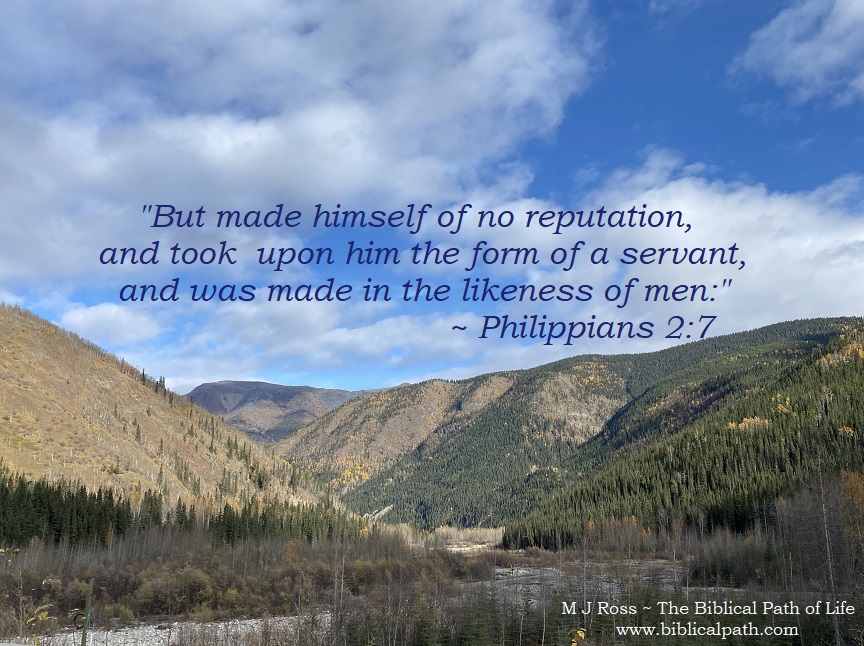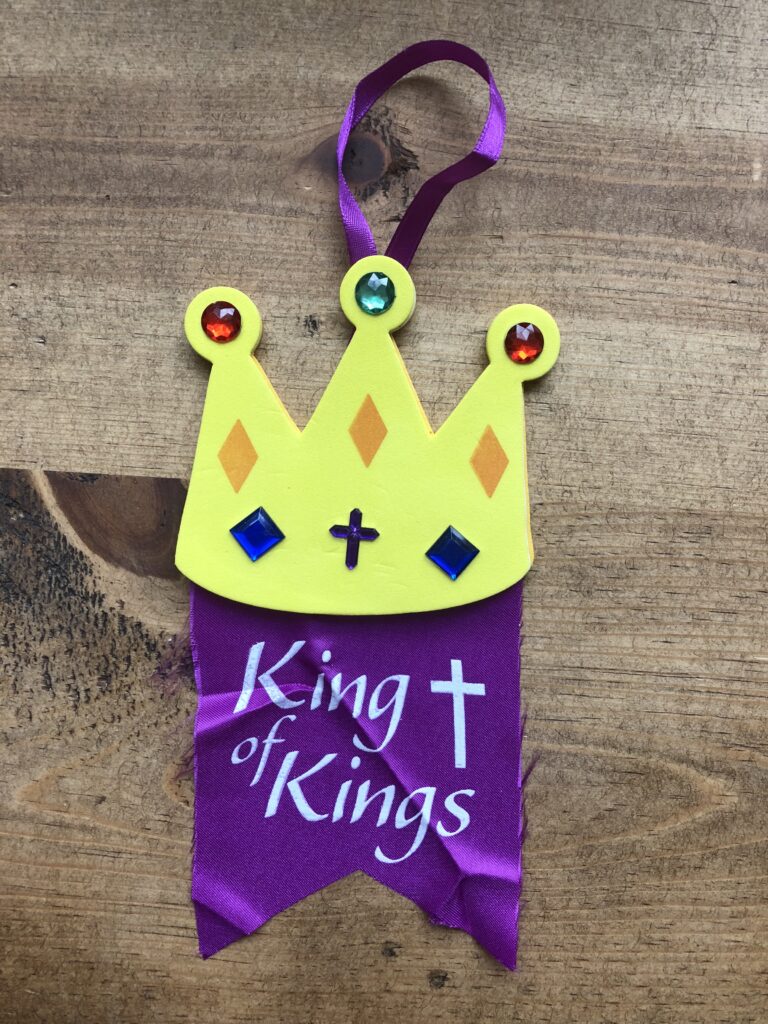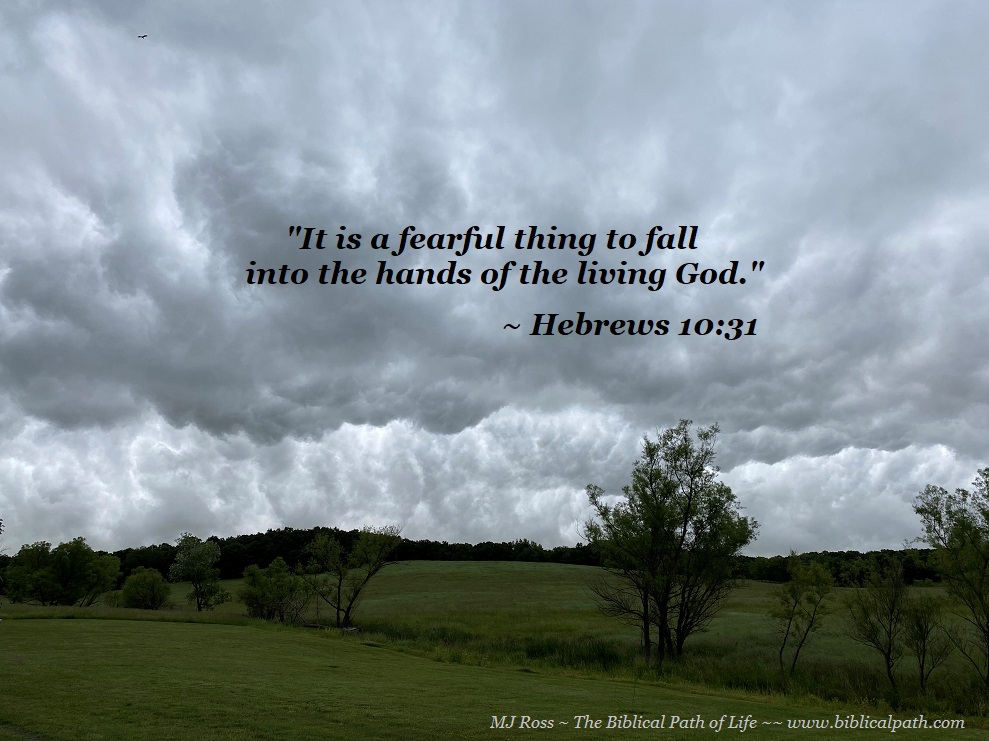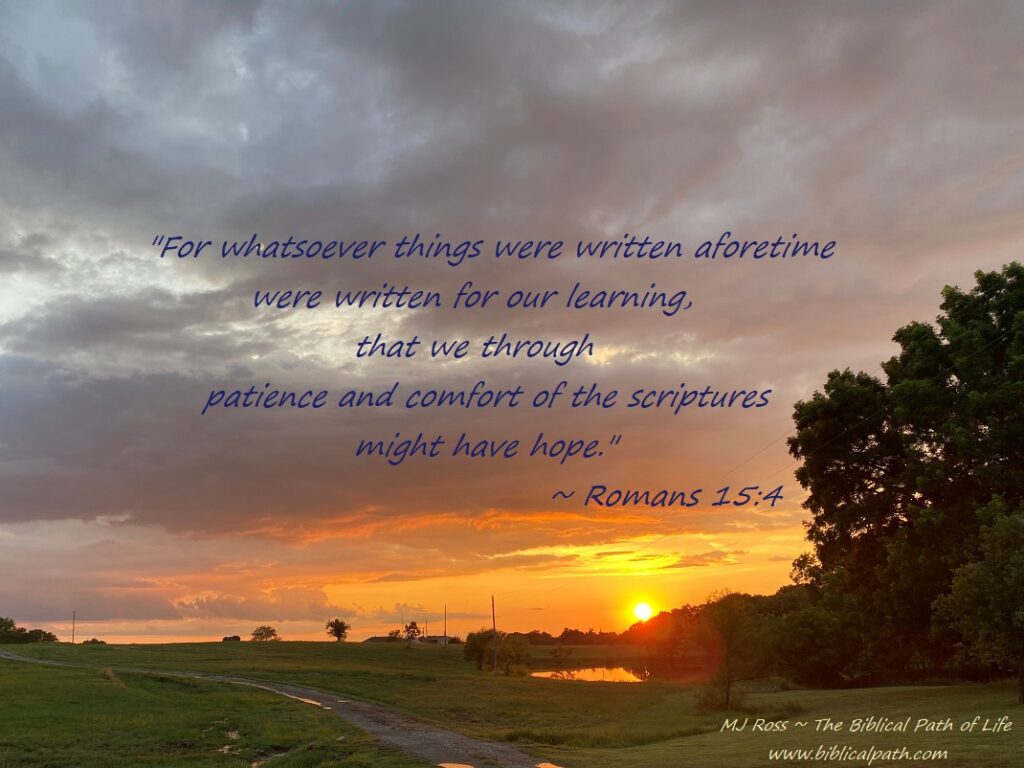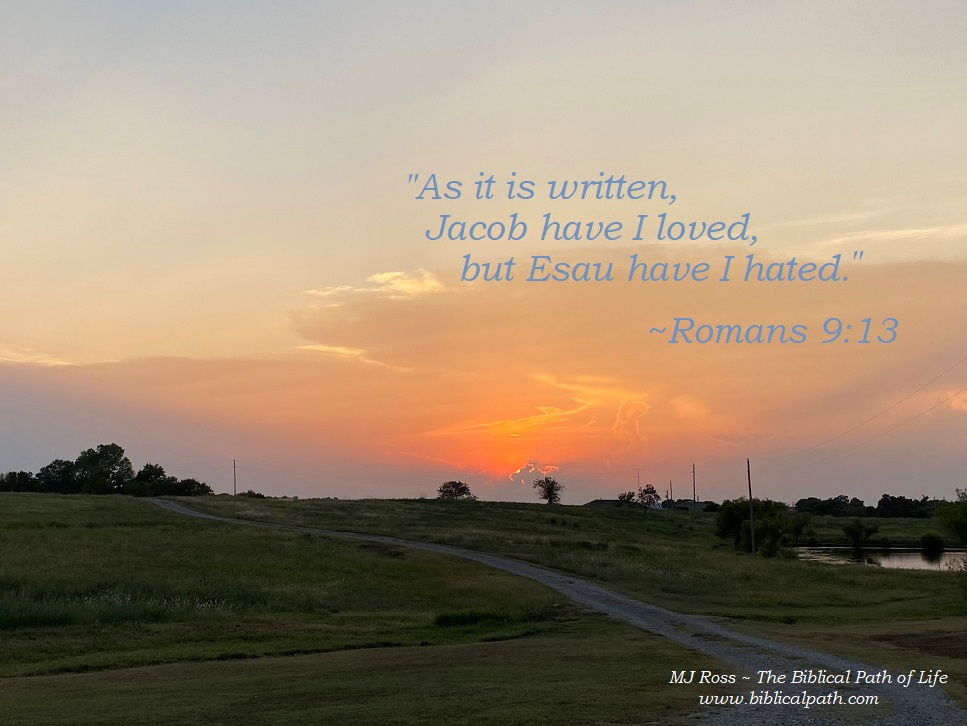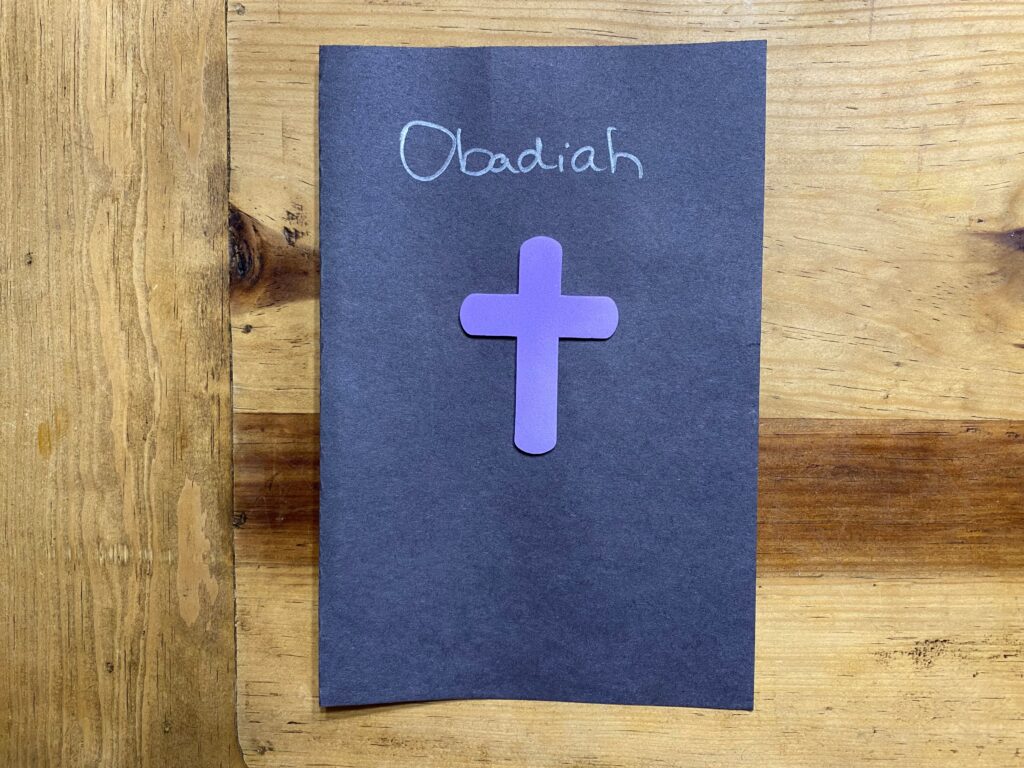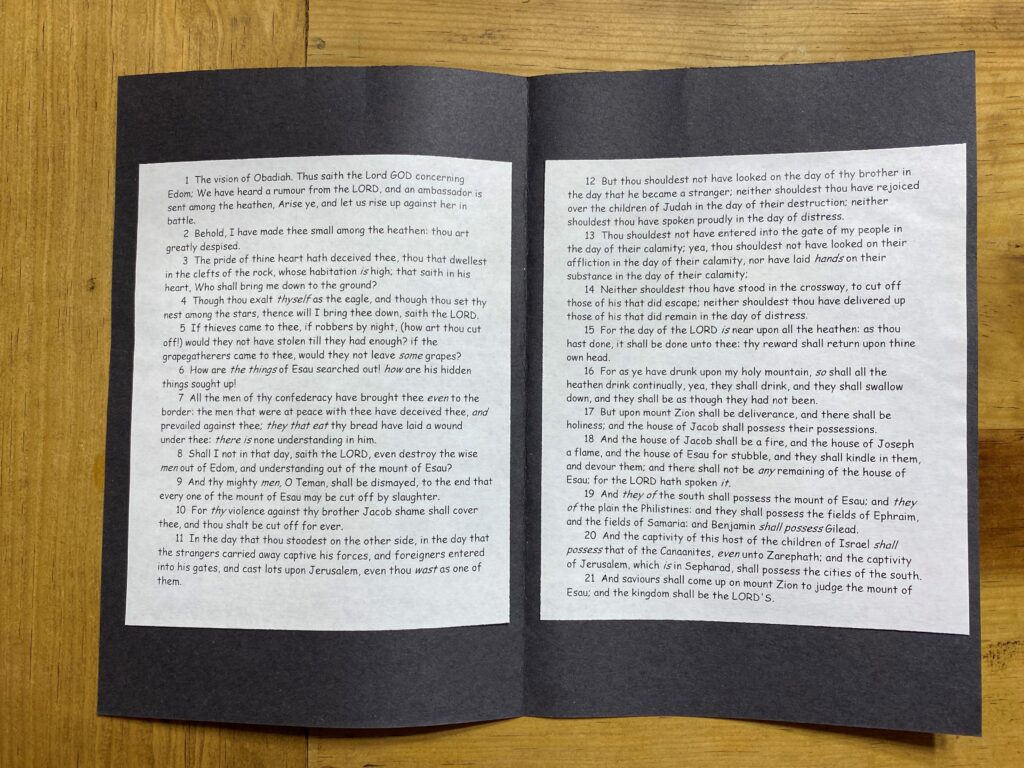
Key Verse
But ye, brethren, be not weary in well doing.
—2 Thessalonians 3:13
Key Verse Thought: Read the Key Verse. It would be good to understand that sometimes Christians get tired of always doing what God’s Word teaches. It can even become hard to choose to do what is right. In this lesson, we will learn of some of the encouraging words that Paul wrote to help the Christians understand they should never get tired of following Jesus. Christians are to work until Jesus comes again – for there are many people who do not yet know Jesus personally.
Emphasis: We are to recognize that Christians must work hard to choose to live a right life pleasing to Jesus. We are to never become tired of living a true Christian life, remembering that Jesus could return at any time.
Lesson Summary: In Paul’s first letter to the church at Thessalonica, he wrote words of encouragement after receiving a good report about the church. Paul wrote this letter instructing them in doctrine (principle truths each Christian should apply to their life). He also reminded them that Jesus would come again.
Paul wrote a second letter to the Thessalonians. He first wrote because he heard they had been growing in Christ in spite of persecutions and tribulations. For that, he commended them. Paul also wrote in response to the report he received that the people were troubled – for they heard that the Day of Christ had come. Paul reassured them that it had not, and he proceeded to tell them about things that would have to happen before that day came. There are many important verses telling about Jesus’ coming in the clouds in the second chapter of Second Thessalonians. It is referred to as “the day of Christ” (see 2 Thessalonians 2:2).
Paul was greatly encouraged by the church at Thessalonica, and asked for their prayers. And, as usual, Paul wrote words of instruction. Because of how well the church had been doing, Paul warned them to withdraw from those who walked disorderly (who did not live like a Christian). He taught they were to follow his example (and the example of his fellow ministers), and they were to work as he worked – for “if any would not work, neither should he eat” (2 Thessalonians 3:10).
Apparently, there were busybodies in the church. These were people who looked and acted very busy, but who did not accomplish any work. Paul taught they were to avoid such people, and instead each Christian was to work – for there are many jobs to be done in the church. He also encouraged them to be “not weary in well doing” (2 Thessalonians 3:13). No matter what, a Christian is to never become tired of choosing to do what is right. Every Christian is to live a life pleasing to Jesus, remembering that He could return at any time.
Y3Q3 – Lesson 12 Questions
Y3Q3 – Lesson 12 Children’s Worksheets
If you are teaching this lesson to younger children, the following is a craft idea to help them remember this lesson:
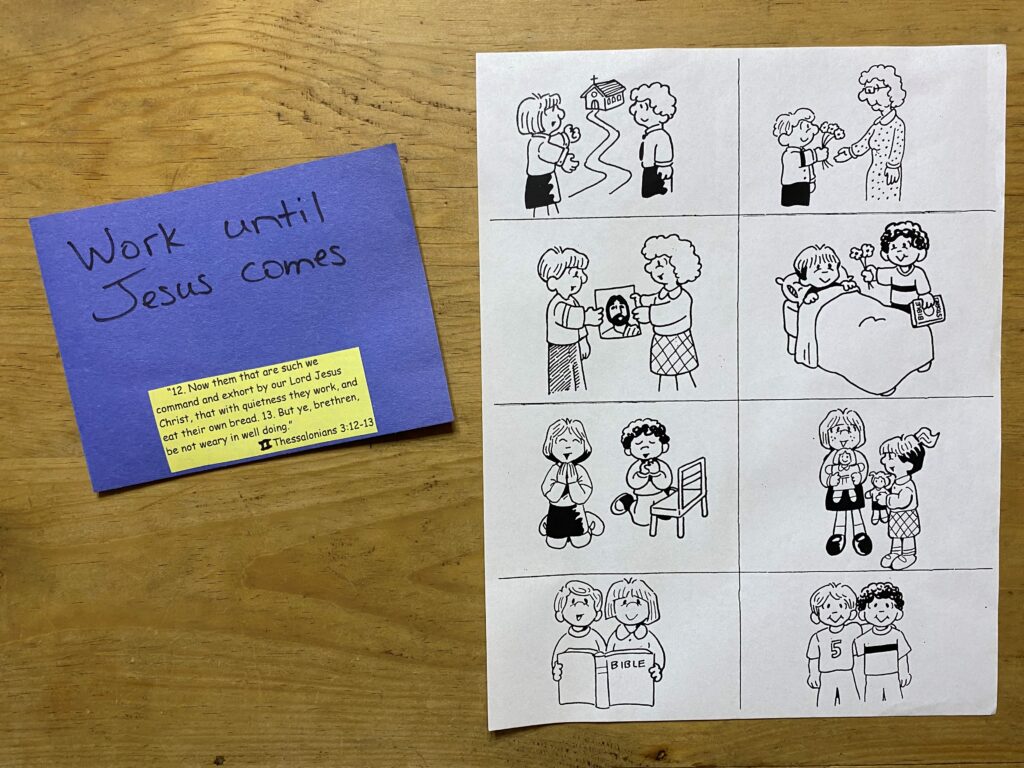
We made a small booklet of coloring pages (we cut the pictures apart to make a booklet) of things Christians can do until Jesus comes.
The Biblical Path of Life – Year Three, Quarter Three is available through Amazon.
